Roberto Zucco marks a new era in Buddies’ history of queer theatre
Toronto theatre can be a bit risk-averse.
Artistic directors, constrained by limited funding, program obvious crowd-pleasers over boundary-pushing experiments. Playwrights, afraid to ruffle feathers, create spaces that validate the public’s existing beliefs, rather than raucous experiences designed to provoke. Audiences, faced with shrinking free time, opt for known commodities over innovative, but potentially disappointing, duds. And, as any magazine freelancer will tell you, theatre section editors tend to prioritize artists who readers already know over unfamiliar faces.
With all that in mind, it was a bit of a surprise back in June when ted witzel announced Roberto Zucco as his first production at Buddies in Bad Times since becoming artistic director. Penned by French playwright Bernard-Marie Koltès in 1988 as he was dying of AIDS, the gritty, bloody, and occasionally funny script follows the titular character (loosely based on real-life Italian serial killer Roberto Succo) as he slices and dices his way through an unnamed city. At first glance, Zucco stands out as an odd season opener for the company. Not only is Koltès largely unknown among Toronto audiences, the script — here Martin Crimp’s 1997 translation — isn’t always considered queer.
“The queerness of this play feels very visceral and intuitive, in a way where you never explicitly have to name it,” witzel said in an interview. “In a way, it’s also my retort to what I’ve experienced as the great sentimentalization of AIDS over the last few years. We’ve seen a lot of AIDS stories on Netflix and a wild number of HIV-related plays. And there’s often an ‘it gets better’ element, where they want to show how heterosexual society can change to include queer people. This play is the photo negative of that, screaming with rage and crying for a revolution.”
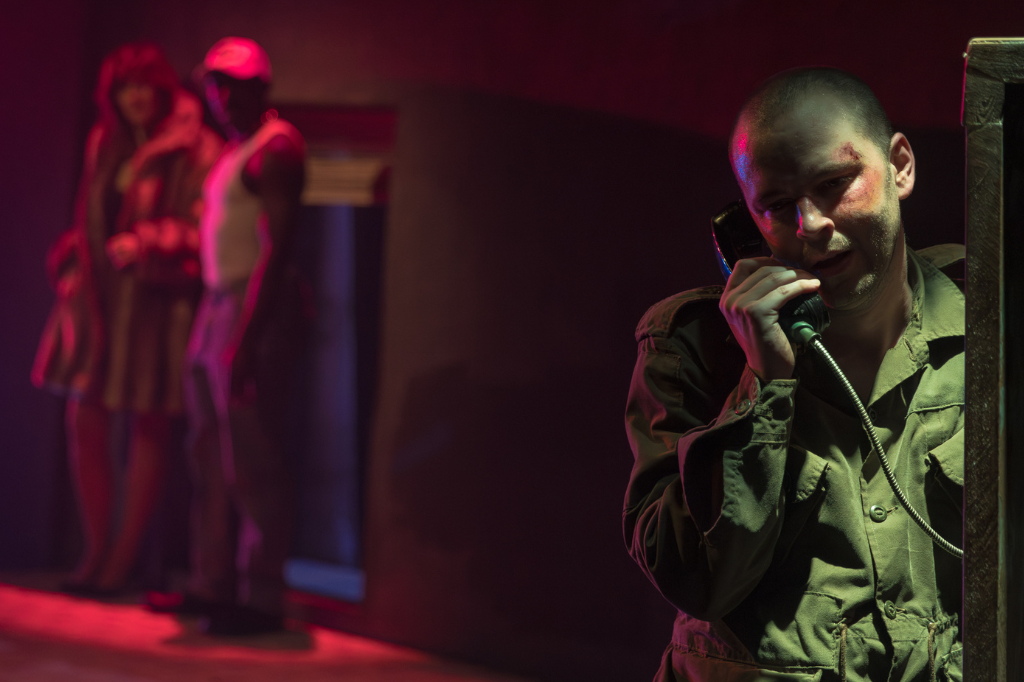
Along with the question of its queerness, Zucco is an improbable choice for Toronto given the laserlike focus many companies put on premiering original Canadian scripts. Hoping to ward off American cultural imperialism, regulators and funders have long insisted on a heavy dose of CanCon across stages, radio dials, TV stations, and magazine racks. While digital platforms offer easy access to writing, films, and music from around the globe, theatrical offerings remain comparatively limited since the medium is so localized.
“As an emerging artist, I felt very stifled by a funding system and a set of programming imperatives that say something is only new Canadian work if it’s a new Canadian text,” he said. “I think you can create a new Canadian production by reacting to a text that comes from anywhere in the world and any other point in time. It can’t help but be Canadian when you have a bunch of Canadian artists trying to make sense of it and stage it for this audience here right now.”
Despite Roberto Zucco being an unlikely fit for Toronto, the text has proven a hit elsewhere. Since it premiered at the Berlin Schaubühne theatre in 1990, a year after Koltès died, Zucco has been translated numerous times and performed on dozens of stages around the globe, including a stop at Montreal’s Festival TransAmériques in 1993 as well as a new production in the original French at the National Theatre School of Canada this past April. Interestingly, the last few years have seen a global uptick in stagings, including a show in London last June and another in Rome slated for October.
witzel says the script’s rise in popularity is part of his reason for staging it at Buddies. But the play has actually been on his mind for nearly two decades. He first encountered it during his undergraduate studies at the University of Toronto, when a professor assigned monologues from it to some of his classmates. Stunned by what he heard, he quickly found a copy and devoured the whole thing.
“My first thought was, ‘What the fuck did I just read?’,” he said, laughing. “I returned to it every once in a while after that, but I didn’t really find a way into the play or a reason to direct it until about five years ago. Then something cracked open in me and I began viewing the story through the lens of what queer rage means on the edge of death.”
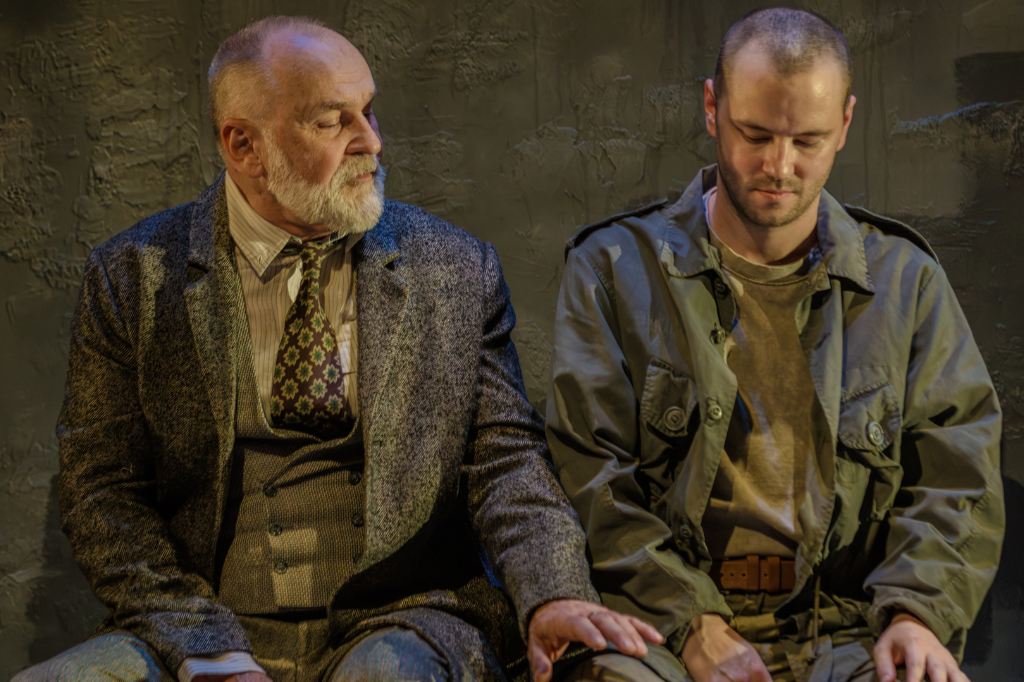
For this production, witzel has enlisted scenographer Michelle Tracey, who collaborated with witzel on the world premiere of Sunny Drake’s Every Little Nookie at the Stratford Festival in 2022, as well as The Scavenger’s Daughter at Buddies in 2019. Together, they’ve conceived an environment with peeling wallpaper and grimy tile that looks like it was borrowed from a true crime series set in the 1980s. Logan Raju Cracknell’s lighting and Dasha Plett’s sound design will help complete the production’s atmosphere.
“The piece is located near the height of the AIDS epidemic and the end of the Cold War,” witzel said. “We’re playing a lot with the disintegration of one world order as a new world is trying to be born mixed with the mythic elements Koltès was exploring and the current position of true crime in our culture. Materially, we’re pretty located in that decade and the true crime aspect. With the lighting and sound, we’re going towards the mythic.”
As an artist, witzel has never been subtle about his desire to challenge audiences. In choosing Roberto Zucco to open the season, he wanted to question the role Buddies serves in 2024, when queer stories already feature on stages around the city and across the country.
“As an audience member, I feel like Buddies is a space where I’ve been consistently challenged and I want to continue that with this piece,” he said. “Programming this show says that we’re here to do difficult work. It’s going to be sexy, it’s going to be provocative, and you’re not going to walk out with easy answers.”
Roberto Zucco runs at Buddies in Bad Times until October 5. Tickets are available here.











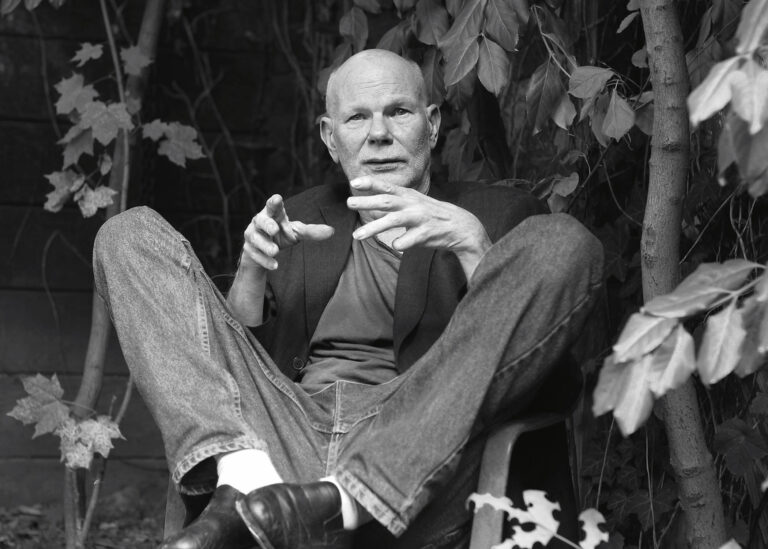
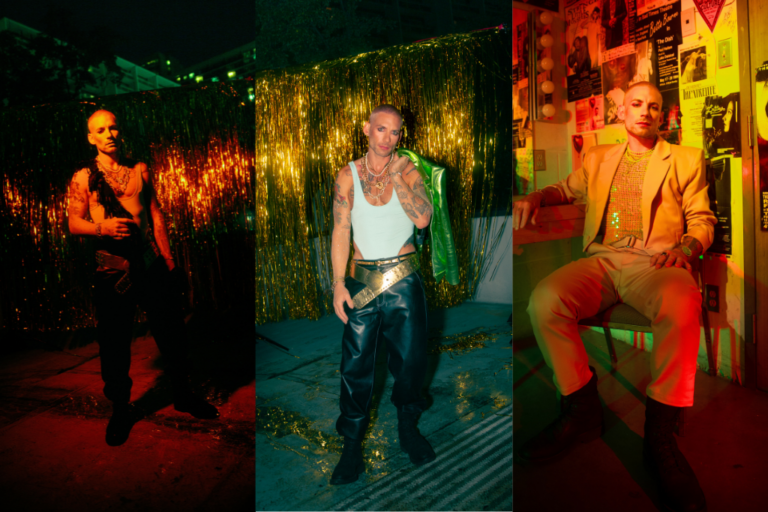

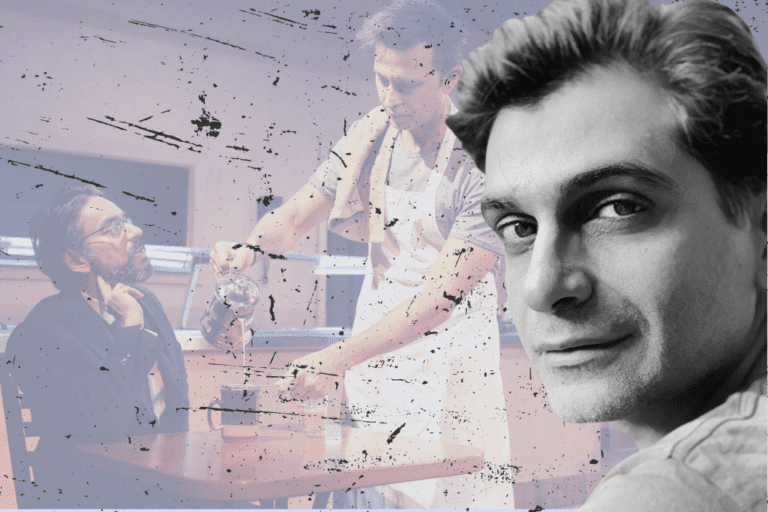
Comments